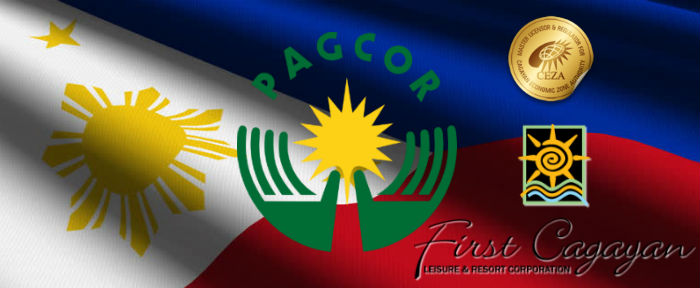
When Rodrigo Duterte took office last year and declared that online gambling in the Philippines must stop, few knew what he exactly meant, but many in the industry were nervous.
A year on we have a slightly better picture of what Duterte meant, but uncertainly remains, and it’s been a roller coaster year for operators in the local market, those focused on offshore customers, and licensing agencies for both.
First in Duterte’s cross hairs was Philweb; licensed operator of almost 300 egaming cafe’s and bingo parlors countrywide. Licenses were revoked by the government regulator Pagcor and the company’s then chairman Roberto Ongpin was proclaimed by the president as an, ‘oligarch who must be destroyed‘. Philweb’s revenues were smashed and Ongpin was forced to sell his majority stake in the company to enable any chance of survival.
Meanwhile, Philippines other major gambling corporation, Leisure and Resorts World Corp (LRWC) were left wondering where they stood in the big shakeup. In addition to a significant market share in Philippines’ bingo parlor and e-casino terminal industry, LRWC via subsidiary First Cagayan Leisure and Resort Corp (First Cagayan) is strongly vested in the Philippines online gambling (offshore market focused) industry.
First Cagayan is the exclusive master licensor for interactive gaming of government agency CEZA. Until late last year, if you were an offshore online gambling operator wanting to set up shop in the Philippines, you applied to First Cagayan for a license to do so.
Now there is a new licensing authority in town for offshore online casinos. Pagcor was given a mandate to regulate and offer licenses to Philippine Offshore Gambling Providers (POGO) towards the end of 2016. So, while it became clear that Duterte didn’t want to shut down the offshore online gambling industry, he did want to change how it was controlled.
And the changes are taking effect.
LRWC chief operating officer Francis Hernando told media this week that since the introduction of POGO, First Cagayan had lost almost half of its licensee operators.
“We lost about 60. Those 60 transferred to POGO,”




Leave a comment
You must be logged in to post a comment.